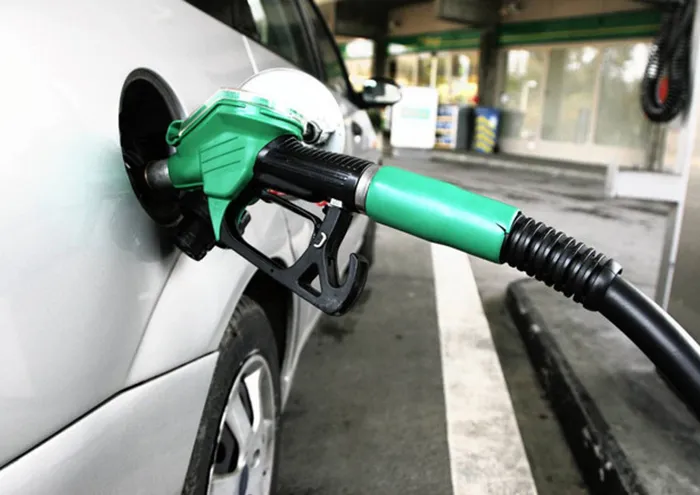Petrol prices in South Africa set to rise despite lower international oil costs

Experts believe that petrol prices will increase on Wednesday
Image: File
Despite recent decreases in international oil prices, South African motorists should brace themselves for a petrol price increase, which is set to take effect on Wednesday, 2 July 2025.
Experts on Monday attributed this rise to a combination of factors, including fluctuations in Brent crude oil prices and the exchange rate, which continue to impact local fuel costs.
Economics professor Waldo Krugell, from North-West University, noted that data from last Thursday indicates an expected increase of around 50 cents per litre for petrol and approximately 80 cents for diesel.
“The reason is the higher Brent crude oil price in the middle of the month, which has since decreased. The slightly stronger rand, compared to last month, helps to keep the increase smaller than it would be,” Krugell said.
“It is unfortunate for consumers, but unlikely to have much broader macro impact.”
Krugell added that our bigger worry for the exchange rate is the possible return of the "reciprocal" tariffs next week.
Dr Eliphas Ndou, an economist and author at Unisa's Department of Economics, choed these sentiments, anticipating further implications for next month's fuel prices.
“I expect a moderate increase in fuel prices following a higher average oil price in June compared to the previous period. This will lead to a slight uptick in fuel price contributions to this month’s headline consumer price inflation,” Ndou said.
Old Mutual Group chief economist, Johann Els, said that petrol prices will increase by about 50 cents per litre.
“Two weeks ago it looked worse, but oil prices have since come down and the rand strengthened. This will likely lead to headline inflation of 3.4% in July. Should current rand and oil trends continue, we could see petrol prices decline again in August,” Els said.
Professor Bonke Dumisa, an independent economic analyst, provided a snapshot of the current economic landscape, noting the rand's improved performance, which opened stronger at R17.77 against the US dollar.
“The international Brent crude oil price per barrel opened lower (better) at $67.55, compared to last Friday's opening price of $68.26. The Central Energy Fund (CEF) is likely to make a formal announcement regarding both petrol and diesel prices, which will come into effect within the next 36 hours by Wednesday, 02 July 2025,” Dumisa said.
“These fuel price increases are primarily due to a higher average international Brent crude oil price per barrel in June compared to the lower average price in May 2025.”
Professor Irrshad Kaseeram, from the University of Zululand's economics department, said the petrol and diesel prices increases were due to under-recoveries for both petrol and diesel arising from the Iran-Israel War, which caused prices to rise above the anticipated average.
Kaseeram said South Africans ought to be grateful that the price increases are lower due to a stronger rand, which has resulted in savings of about 16 cents a litre for both fuels.
He added that if the ceasefire holds, prices ought to remain subdued since the global economic outlook is that economic growth will be weak due to the uncertainties around the US tariff wars.
“Inflation effects will be muted since we saw a drop in fuel prices a month earlier, the rand is stronger, and the SA inflation rate appears stable at 2.8%,” he said.
Efficient Group Chief economist Dawie Roodt said that a petrol price increase of around 40 cents can be expected on Wednesday.
“This is due to higher international oil prices and a slightly weaker rand. Fortunately for us, in the last few days, the oil price has been lower and the rand has been stronger,” Roodt said.
“Although it's an increase, I don’t think it will have a big impact on inflation and there will possibly be a decrease in petrol prices in August.”
BUSINESS REPORT